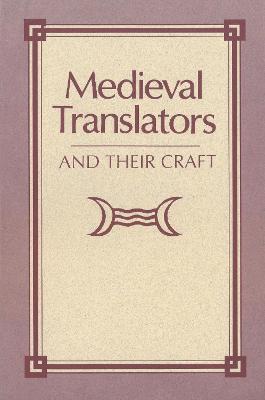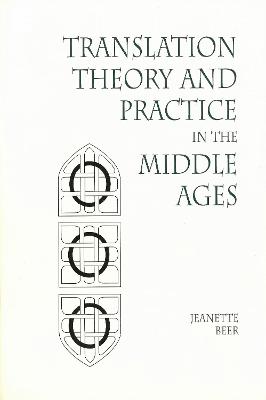Studies in Medieval Culture
2 total works
At no time in the history of the West has translation played a more vital role than in the Middle Ages. Centuries before the appearance of the first extant vernacular documents, bilingualism, and preferably trilingualism, was a necessity in the scriptorium and chancery; and since the emergence of Romance had rendered the entire corpus of classical literature incomprehensible to all but the literati, both old and new worlds awaited (re)discovery or, to use Jerome's metaphor, conquest. The diversity of medieval translation is illustrated, although not encompassed, by the diversity of chapters in the present volume. Authors treat the methods and reception of translators of vernacular to Latin and vernacular to vernacular, texts of a variety of genres and many different languages and periods. The collection will present a welcome offering of different scholarly approaches to the critical issue of medieval translators and their craft.
The collection of essays in Translation Theory and Practice in the Middle Ages arose from a translation symposium at the twenty-eighth International Congress on Medieval Studies at Kalamazoo, Michigan. The authors treat a wide range of topics: translation between Latin and romance languages, the rise of vernacular canonicity, the interplay of Latin and French in the court of France, the theory of translation evident in Alfred the Great's ambitious program of translation of religious works from Latin into Old English, questions of the impact of classical admonitions on medieval translation, interpretive translation used to render traditionally masculine heroes as feminine, the interplay of word and image relating to gender issues, and bilingualism, concluding with translation of medieval texts in the modern era. The scholarship on offer here presents a spectacular collection of modern questions of medieval translation, certainly an essential text for all scholars of related issues.

